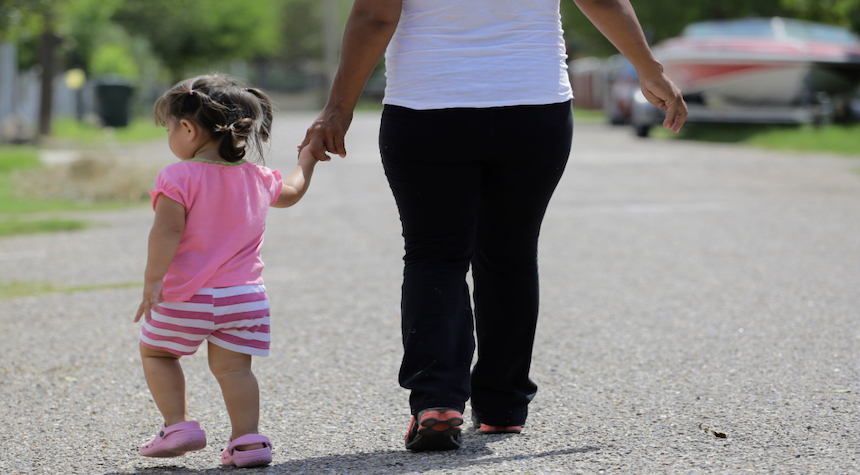The administration of President Donald Trump said on Tuesday that it is appealing the ruling by a federal judge in Maryland blocking the executive order of the president to stop birthright citizenship. In a short filing, the administration’s attorneys said they would appeal to the 4th U.S. Circuit Court of Appeals. This is the second appeal the Trump administration filed since the court blocked Trump’s executive orders.
The appeal by the government stems from U.S. District Judge Deborah Boardman’s decision last week to grant a preliminary order in a case filed by immigrant groups and pregnant mothers in Maryland. Boardman stated at the time that her court wouldn’t be the first to endorse the President’s order. She called citizenship a “precious” right granted by the Constitution’s 14th Amendment.
The appeal filed on Tuesday is the latest in a series of lawsuits that have been filed across the country, including 22 state suits.
In a similar case, a New Hampshire federal judge said on Monday that he was not convinced by the arguments of the administration and issued a preliminary injunction. The preliminary injunction applies to plaintiffs, pregnant members of immigrant groups, and other parties within the jurisdiction of the court.

Last week, a federal judge in Seattle ordered the President’s order to be blocked. The administration appealed the decision.
The three lawsuits revolve around the 14th Amendment of the Constitution, which was ratified after the Civil War in 1868, and the Dred Scott Supreme court decision, in which the court ruled that Scott, who lived in an area where slavery had been outlawed, was not a citizen.
The amendment states that “all persons who are born in the United States or have naturalized there and who are subject to their jurisdiction, are citizens both of the United States as well as the state where they reside.”
To curb illegal immigration, the Trump administration has stated that noncitizens do not fall under the “jurisdiction” of the United States, and their children who are born in the U.S. have no right to citizenship.
In 1898, United States v. Wong Kim Ark was decided by the U.S. Supreme Court. The only children not entitled to citizenship automatically upon birth in the U.S. were those of diplomats who had allegiance to a foreign government, enemies who were present in the U.S. at the time of hostile occupation, those who were born on foreign ships, and those who are members of sovereign Native American Tribes.
Birthright citizenship is a principle that is used in about 30 countries, including the United States. Canada and Mexico, as well as the majority of them, are located in North America.

